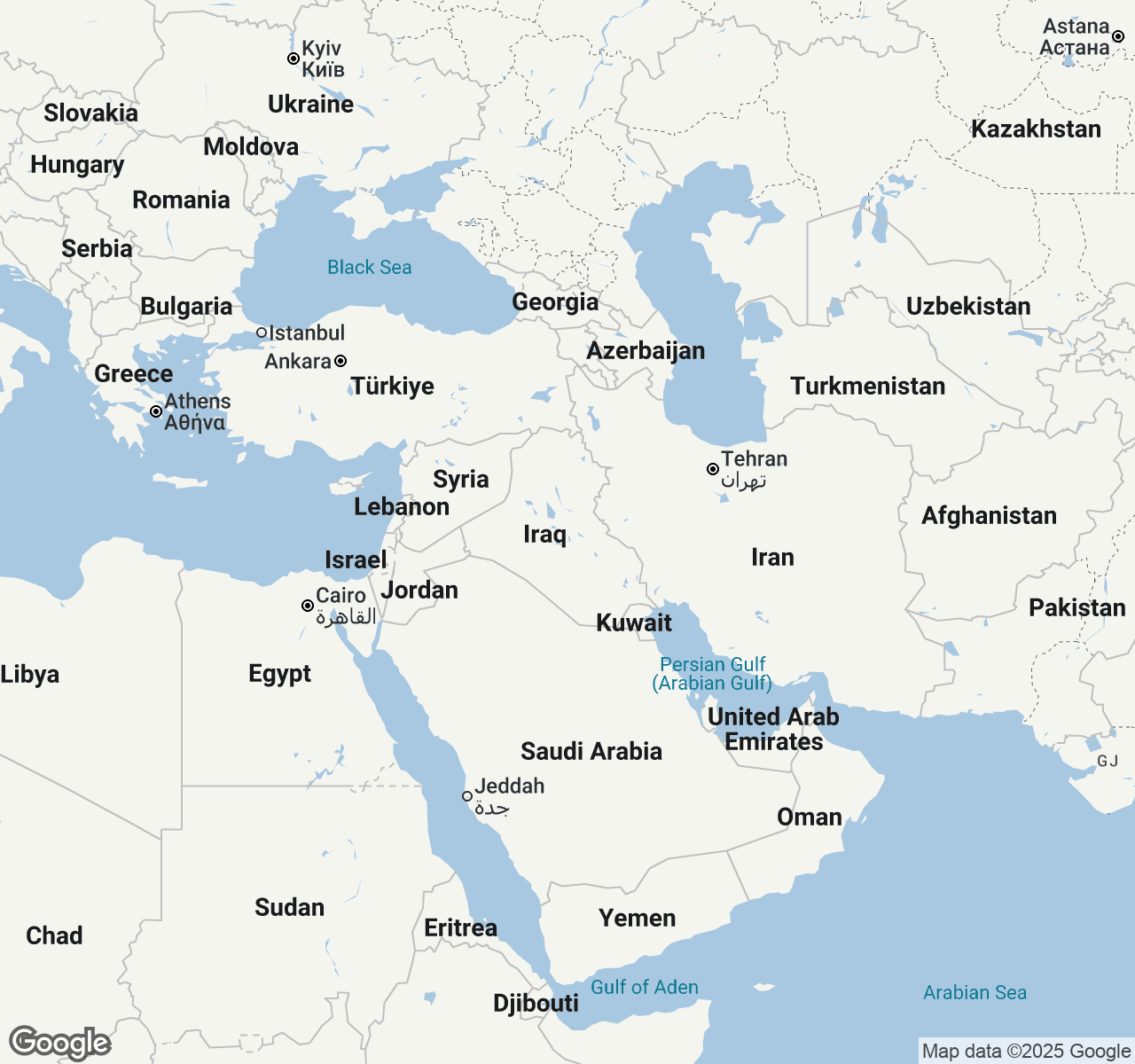
Things to Do in Iraq
Discover the best of Iraq
Plan Your Trip
Essential guides for timing and budgeting
Top Things to Do in Iraq
Discover the best activities and experiences. Book now with our trusted partners and enjoy hassle-free adventures.
Your Guide to Iraq
About Iraq
The Tigris and Euphrates flow through the land where humans first wrote. Iraq is Mesopotamia—the actual cradle of civilization—where ziggurats climb from desert plains like stone monuments to gods nobody worships anymore. Baghdad smells like masgouf in narrow alleys where merchants have sold goods for thousands of years, and the holy cities of Najaf and Karbala fill with pilgrims year-round. Every stone here has a story. Babylon's gates still stand, and the marshlands operate the way they have for millennia. You'll find Iraq's character in the locals who offer tea and conversation, in the archaeological sites that justify the journey, and in quiet minutes beside rivers that have fed dreams and empires for five thousand years.
Travel Tips
Transportation: Baghdad taxis charge 2,000-8,000 IQD ($1.36-5.44) for city trips depending on distance and security situation. Private cars with drivers cost 15,000-30,000 IQD ($10.20-20.41) for half-day tours. Intercity buses to Basra run 20,000-35,000 IQD ($13.60-23.81). Airport transfers heavily secured and cost 25,000-40,000 IQD ($17.01-27.21). Public transport limited due to security concerns. Walking restricted in many areas - follow local guidance. Kurdish areas have more reliable transport options.
Money: Iraqi dinar (IQD) is the official currency. ATMs limited and often empty. US dollars widely accepted at hotels and tourist sites. Credit cards rarely work - bring cash USD. Budget $40-80 daily in mixed currency. Tipping 2,000-5,000 IQD ($1.36-3.40) appreciated. Money changers offer better rates than banks. Keep multiple small USD bills. Security situation affects banking services. Emergency cash reserves essential for safety.
Cultural Respect: Arabic greetings 'As-salamu alaykum' show respect in this Muslim-majority country. Conservative dress essential especially for women. Remove shoes before entering mosques and homes. Photography restricted near government and military areas. Ramadan significantly affects business hours and restaurant availability. Friday prayers important to Muslim population. Hospitality is legendary despite difficult circumstances. Avoid political discussions completely. Respect for Islamic customs paramount throughout visit.
Food Safety: Traditional restaurants serve masgouf (grilled fish) for 8,000-15,000 IQD ($5.44-10.20). Kebabs at local spots cost 5,000-10,000 IQD ($3.40-6.80). Iraqi tea (chai) runs 1,000-2,000 IQD ($0.68-1.36). Rice dishes with lamb cost 6,000-12,000 IQD ($4.08-8.16). Bottled water essential at 1,500-3,000 IQD ($1.02-2.04). Never drink tap water or use ice. Choose established restaurants with local customers. Avoid street food completely. Hotel restaurants safest option for visitors.
When to Visit
Iraq's best travel window spans October through April, when temperatures range from 15-25°C (59-77°F), offering relief from the brutal summer heat that can exceed 50°C (122°F). November to March represents peak season with 20-30% higher accommodation costs, but clear skies and comfortable walking weather make it worthwhile. Spring (March-April) brings occasional sandstorms but impressive wildflowers across northern regions. Summer (May-September) sees extreme heat, minimal rainfall (less than 5mm monthly), and significantly lower prices—up to 40% off—though outdoor activities become challenging during midday hours. Religious festivals significantly impact travel: Arba'een (usually October/November) brings millions of pilgrims to Karbala, while Ramadan affects restaurant hours and cultural activities. Budget travelers should consider late spring (April-May) for moderate weather and 15-20% lower costs before summer peaks. Cultural ensoiasts will find winter months (December-February) ideal for archaeological site visits, with daytime temperatures around 20°C (68°F) and cool evenings perfect for exploring Baghdad's historic quarters. Northern Iraq's Kurdistan region offers slightly cooler temperatures year-round and can be visited comfortably from April through November.

Iraq location map